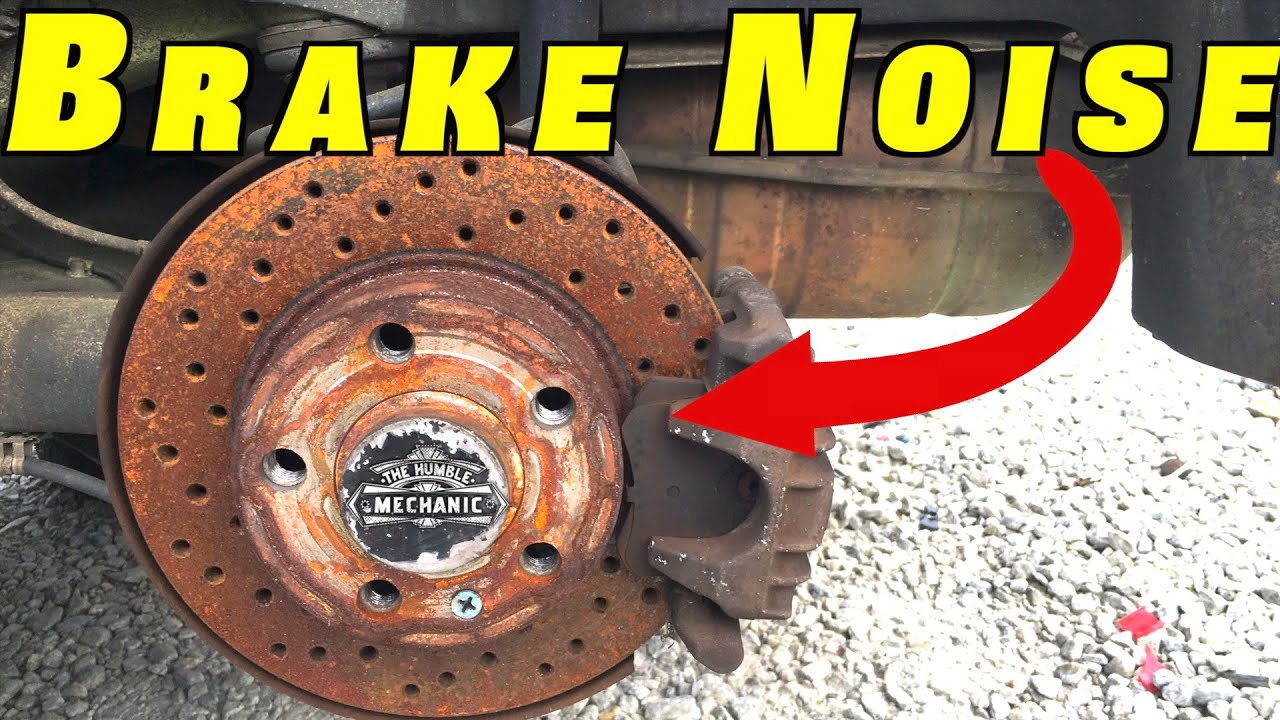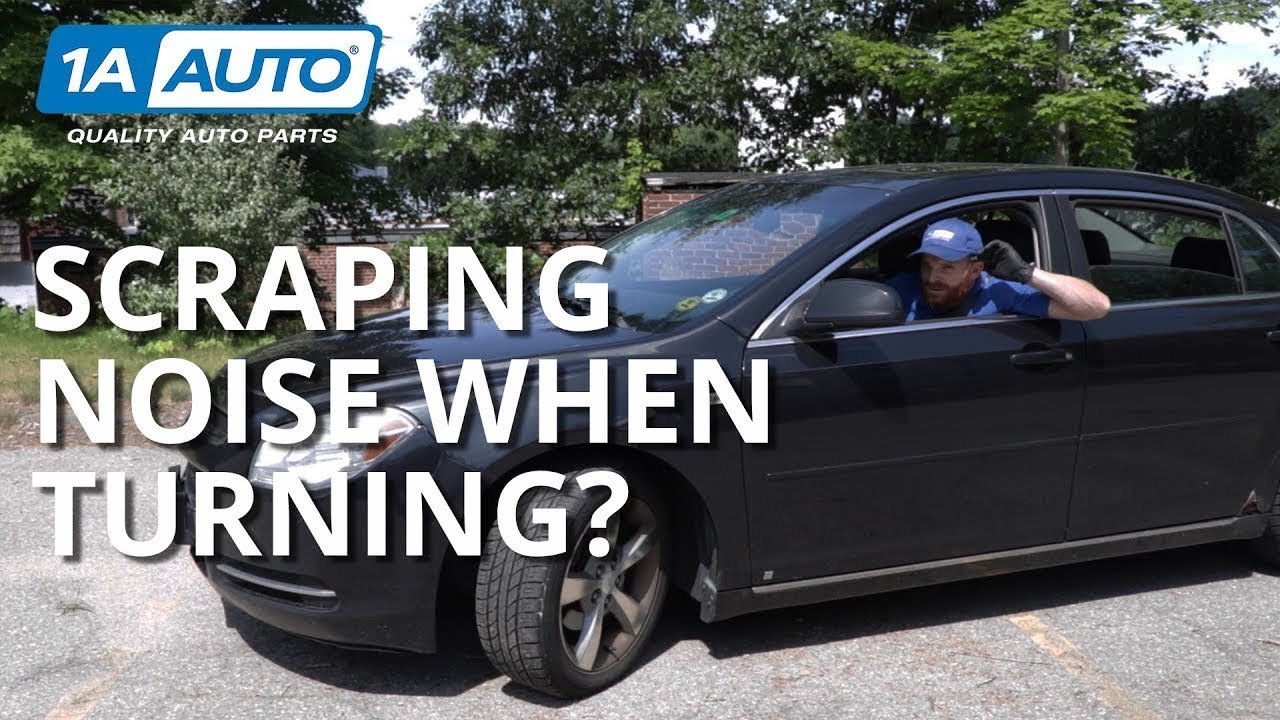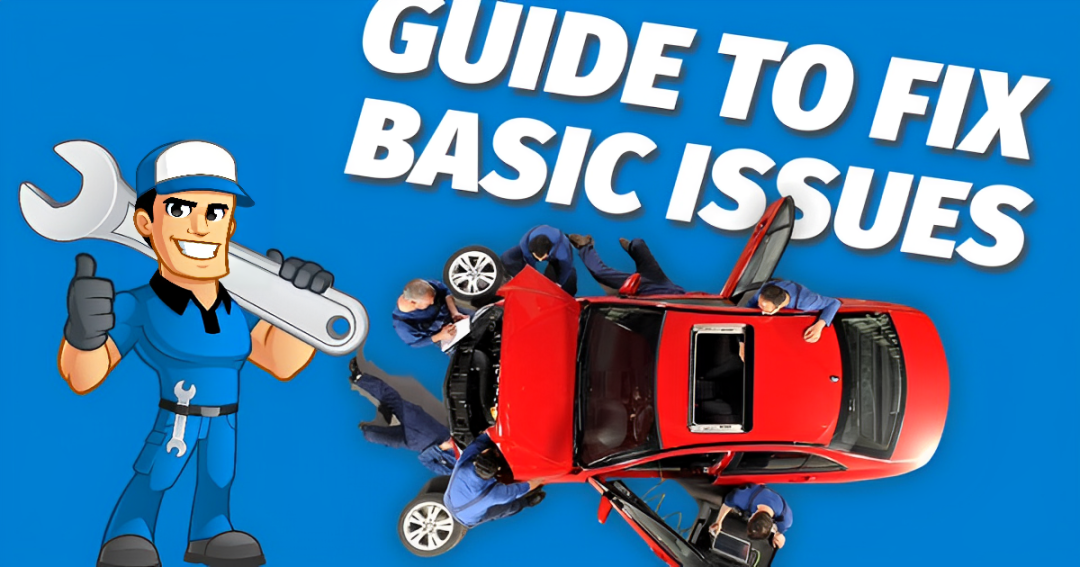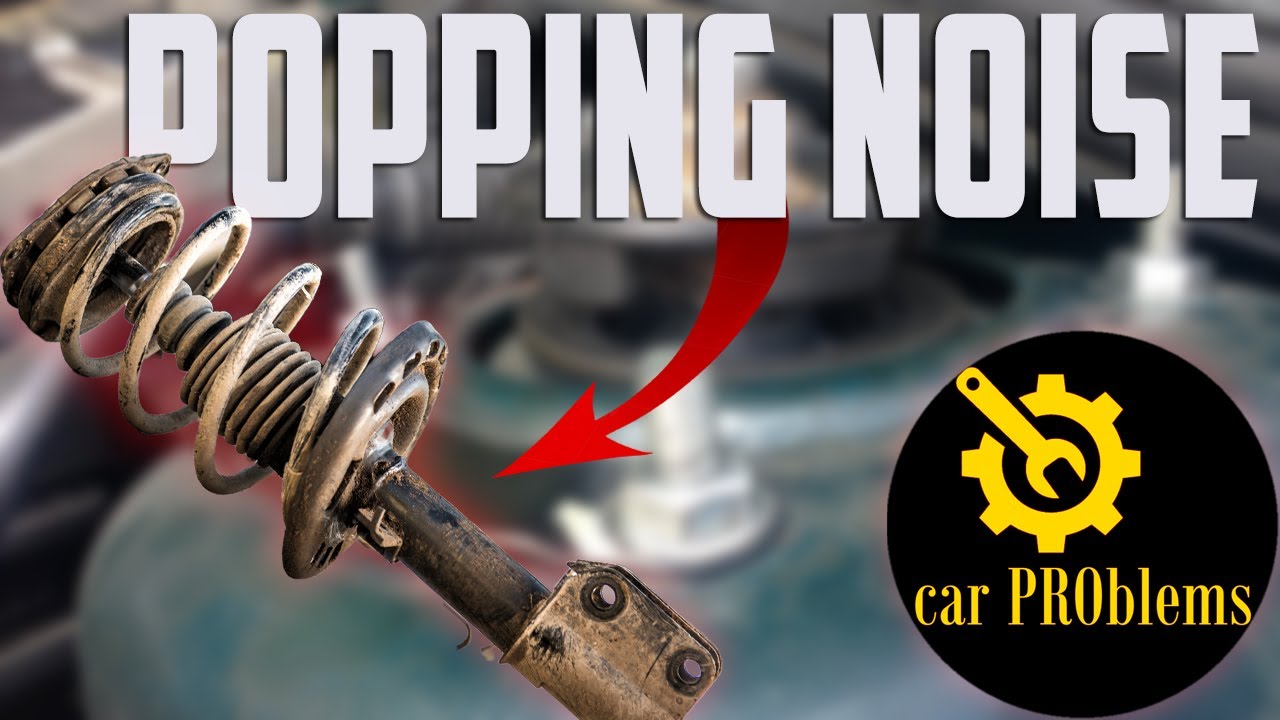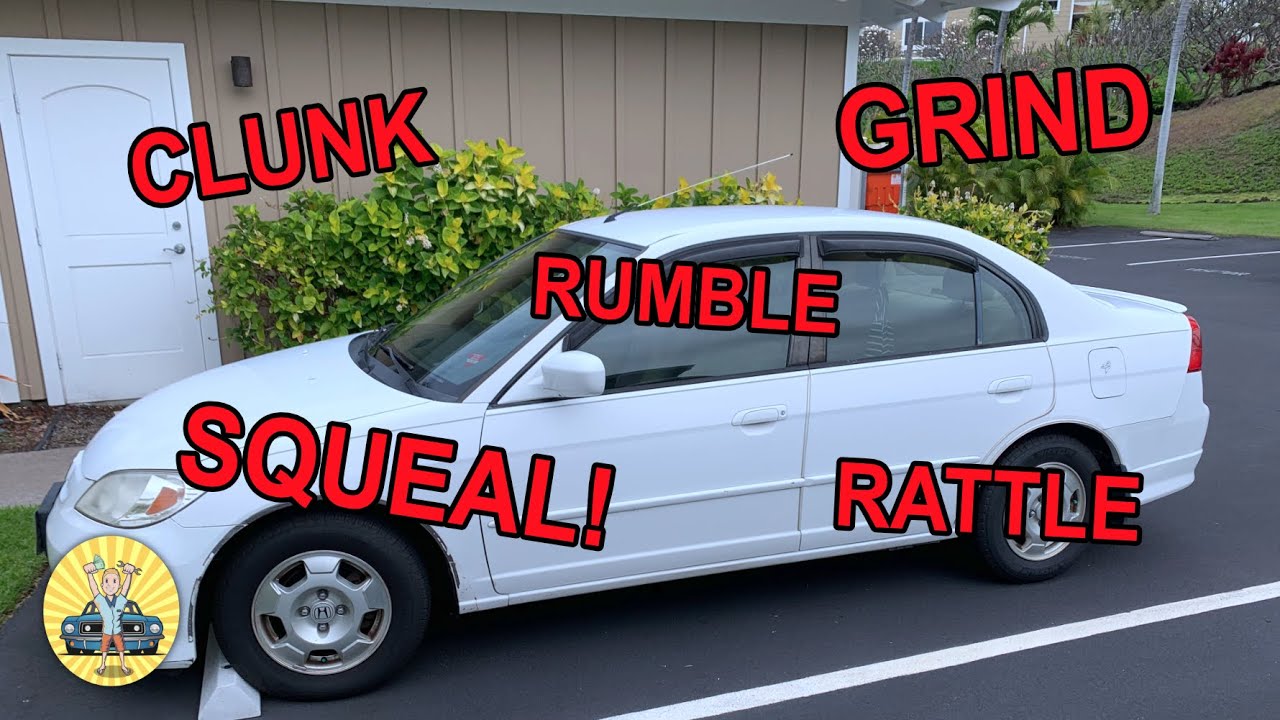Is the piercing squeal of your car’s brakes driving you up the wall? Squeaky brakes are more than just a noisy annoyance; they can signal underlying issues needing attention. Let’s dive into the common culprits behind this grating sound and explore effective fixes to bring back the peace to your rides.
Reasons Behind Squeaky Brakes
Vibration, low-quality replacement pads, or worn-out components might cause brake squealing. Applying lubricant to particular contact areas on the calipers, fitting shims, or having them changed by a repair might be sufficient to fix squeaky brakes.
Worn Or Thinning Brake Pads
Brake pad wear is the most apparent reason for brake squealing. This is due to the metal indicator that brake pads purposefully incorporate, which emits a high-pitched warning when they approach their minimum thickness. You can tell when to replace your brake pads with their annoying screech.
Brake pads can produce similar squeaking noises with a thin rust layer, but these noises usually stop after a few brake applications. Make sure to check your brakes out immediately if the noise persists. You’ll need new brake pads and rotors if you ignore the issue and the persistent squeaking develops into grinding. Your next brake service may cost more than twice as much as before.
Metallic Brake Pads
The actual brake pad material may occasionally bring on squeaky brakes. There are three brake pads: organic, semi-metallic, and ceramic. The most popular type of brake pads on the market is the semi-metallic ones, containing between 30% and 65% metallic components such as iron, steel, graphite, and copper. The rotor of this pad may occasionally screech or grind when it comes into contact with the pad.
If the noise bothers you, choose brake pads made of less metal. The sound typically disappears once the brake pad wears past that area or layer. Organic pads are the least expensive option, but they also need better quality and longevity and generate a lot of dust. Ceramic brake pads are the third alternative and the best in performance and quality. Although more expensive than their organic or metallic equivalents, they are also the most durable and quiet.
Dust or Debris Between Pads & Rotors
Mud, dust, or other material on the surface of your brake pads or rotors is another typical source of brake screeching. This may occur under different driving circumstances or if your automobile sits for an extended amount of time accumulating dust.
In this situation, a short spray of cleaner or some little sanding of the surface material would often solve the issue. After a few brake applications, it could also go away by itself since the contact between the brake pads and rotors removed the debris.
Lack Of Lubrication
If your vehicle utilizes drum brakes, the screeching might be brought on by a lack of lubrication at the locations where the shoes and drum come into contact. Without lubrication, a screech is produced when the shoes begin to rub on the backing plate.
By searching for evidence of this sort of scrape where the bare metal is exposed, you can typically determine where the problem is. Applying brake oil to the backing plate where the piston meets the shoes will quickly stop or fix noisy drum brakes.
Your Braking Style
Frequent harsh and quick braking, particularly at high speeds, may create excessive heat, resulting in a smooth, hard glaze on the surface of your brake pads. Using the brakes downhill may also result in glazing because the continual friction creates a temperature increase that is more than what standard brake pads are intended to handle.
The friction required to stop the car is no longer produced by brake pads that have been glazed. They might also break or crack, and you’ll need to change them. It’s important to note that glazing may also result from a mechanical or hydraulic failure in the brake caliper, which causes the brake pads to grind against the rotor even when the brake pedal is not depressed. This kind is perhaps the most deadly when it occurs without the driver’s understanding.
Run your finger down the brake pad’s surface and feel for a smooth, glassy finish to look for glazing. Before replacing glazed brake pads, clean or resurface your rotors and check for technical problems or failures in the calipers and hydraulic system. You may also want to reconsider your braking technique if glazing starts to happen often.
Rust On Brake Rotors
It’s usually nothing to worry about if you wake up and hear anything strange. Instead of a squeak, this sound is more like a grating noise. If your automobile drove in the rain, snow, or humidity the whole night. It is simple for a thin film of rust to develop on the brake rotors when water enters the system.
Your brakes may grind or screech as a result when you apply them. The good news is that rust is often repaired by driving usually. Moreover, you may store your automobile inside to prevent moisture from corroding the brakes. Otherwise, the rust may be removed by your neighborhood mechanic.
How to fix the squeaky noise coming from your brakes
Now that you understand the factors contributing to why your brakes are squealing and the most common causes, you’re ready to tackle the problem itself. There are several steps you can take at home doing a brake replacement that can help stop these issues:
Replace the Brake Hardware
It is crucial to replace the braking hardware each time you replace the brake pads. This includes repairing the pin boots if broken or damaged, replacing the slide pins, cleaning and reinstalling the slide pins, and changing the pad clips.
If the hardware for the padded clip is missing from your brake pads, it is now possible to buy it separately. Using higher-quality brake pads with built-in hardware is often more cost-effective.
Replace your Brake Pads
Your brakes may squeal in certain circumstances because of worn brake pads. It’s likely that changing your brakes can resolve your problem, regardless of whether they are contaminated, have worn out over time, or have gotten glazed.
Just so you know, new rotors, pads, and hardware are always advised in addition to replacing the rotors. It’s crucial to have your old rotors machined and resurfaced if you want to reuse them. The first few times you use new brake pads, they can screech. Nonetheless, usage should cause the sound to disappear fast.
Apply Lubrication to Contact Points
Another potential cause of your brakes squeaking might be a lack of lubrication at the contact places where the edge of the pads and the pad clips and caliper touch. The sliding pins are the other area that must be well-greased. Be careful to thoroughly clean these pins with a wire brush or Scotch pad.
You may also use a wire-bristled bottle brush to clean out the pin bore (cavity) in the caliper hanger (sometimes called a gun-cleaning brush). Using a drill bit only slightly smaller than the bore size of the pin, it is possible to remove severe corrosion and rust from this hollow.
To assist in dislodging some of the caked-on rust and crud, just run the drill bit down into the hole by hand. After that, rinse with brake parts cleaner. Reapply brake lubricant to the pin and bore after finishing.
Consult the Professionals
Finally, I think you should be able to repair squeaky brakes using the following maintenance advice. Remember that sometimes it is only a matter of the material your brake pads are composed of. But, if you take care of all of your brake maintenance and still have problems with squeaky brakes, you may want extra assistance from a qualified technician.
FAQs
Why are my brakes squeaking at low speed?
At low speeds, the brakes may screech due to dirt or debris lodged in them. This occurs when a brake component brushes against something, producing a loud noise. By moving more quickly, the rubbing occurs faster, which might result in an unheard-of frequency change.
Can bad calipers cause squeaking?
The pads may be continually forced against the rotor if the caliper becomes stuck, causing a grinding or screeching noise. Similarly, a jammed wheel cylinder forces the shoes up against the drums.
Why is my car still squeaking after replacing pads?
Most new pads are rough and sometimes have protective materials that can make noise. This brake pad squeal will disappear after some wear, sometimes called a “bedding process.”
Conclusion
Although squeaking brakes might be inconvenient, they alert you to their condition. Your car’s brakes would be in poor condition if you didn’t hear the grinding. Any of the factors mentioned above, including dirt, corrosion, worn brakes, the substance of the brakes, insufficient oil, and braking technique, might be the cause.
In addition to costing you more money in the long run, ignoring the issue might endanger you and everyone else if the noise isn’t fixed. It would be best if you didn’t take any risks regarding your brakes because of this. You should have a reliable technician examine your automobile if the noise persists for longer than a day.
